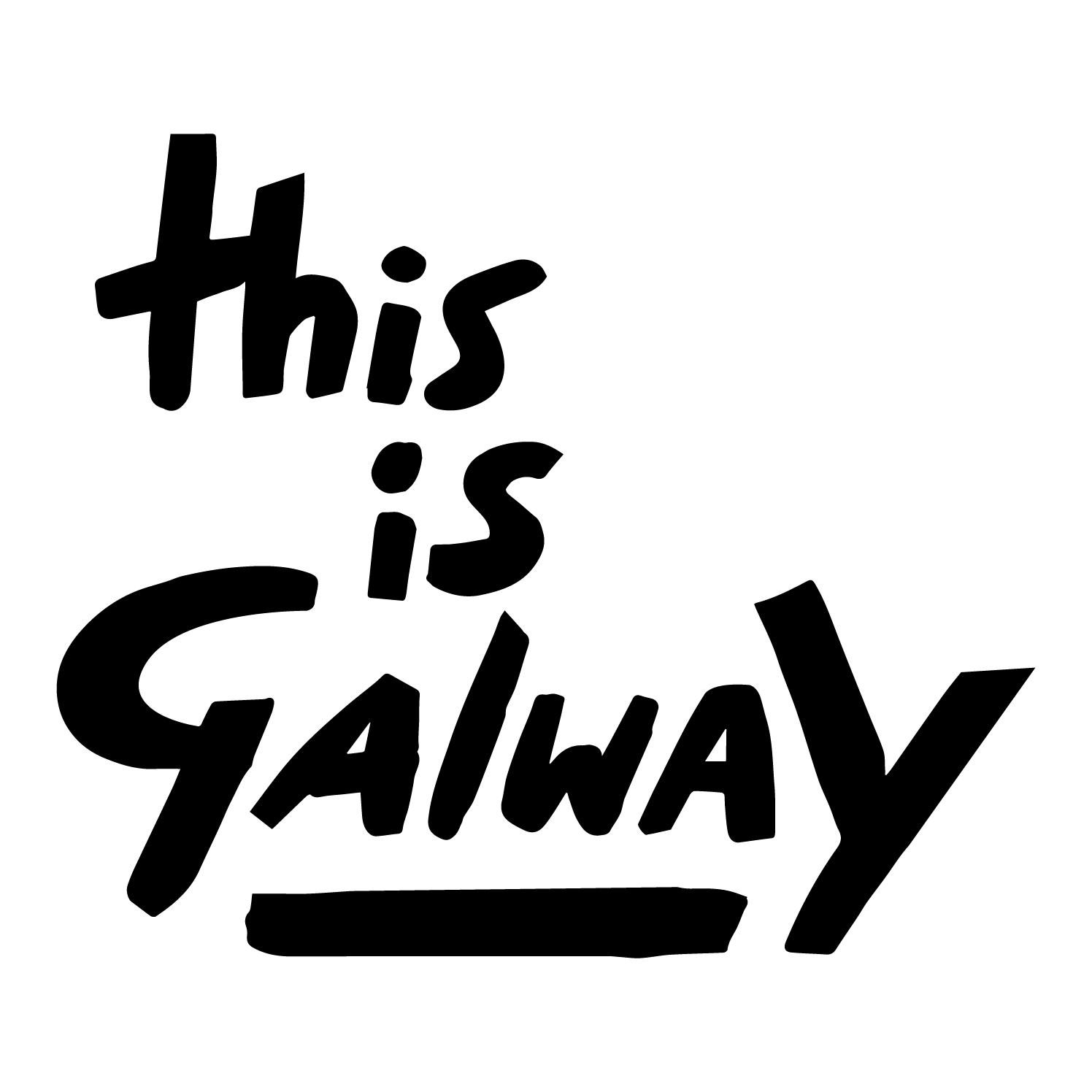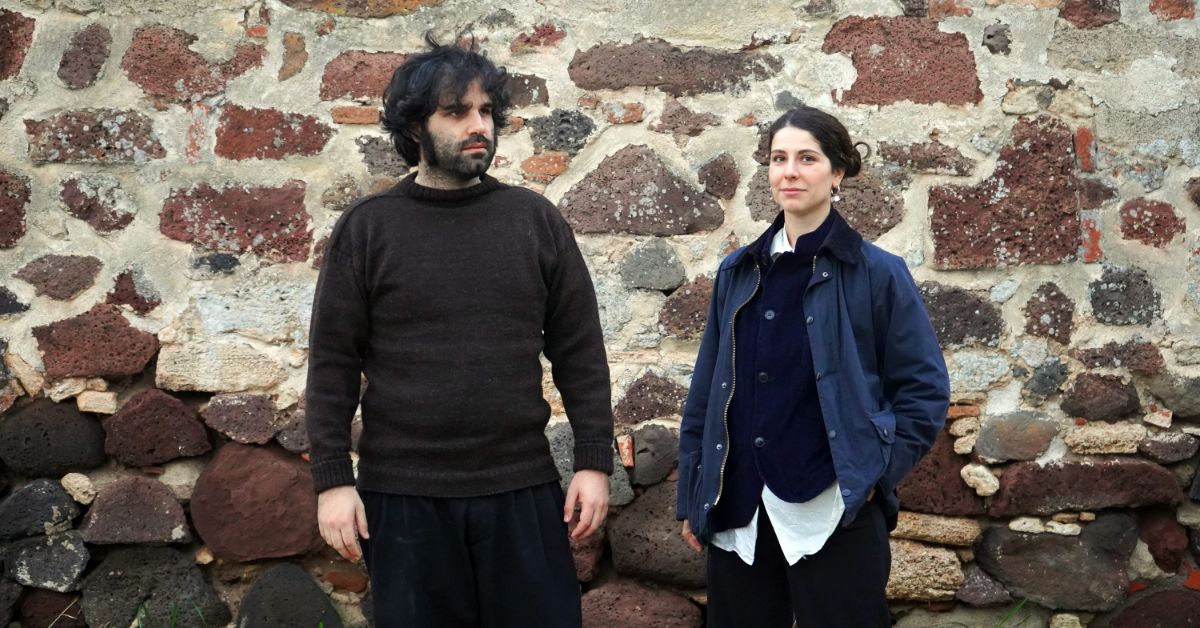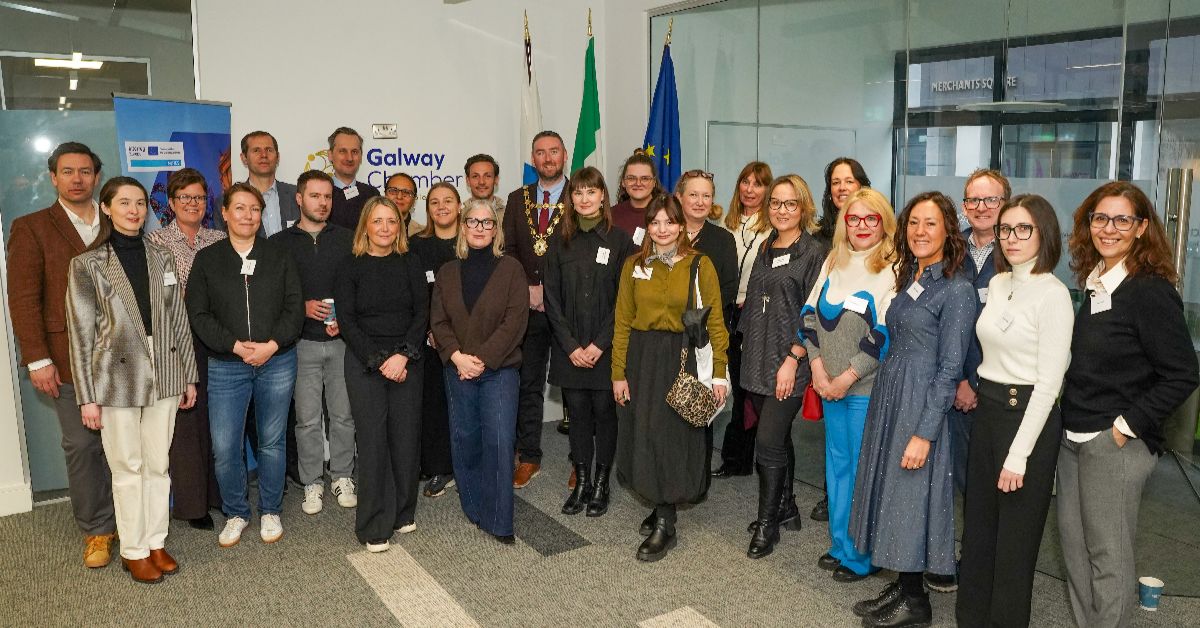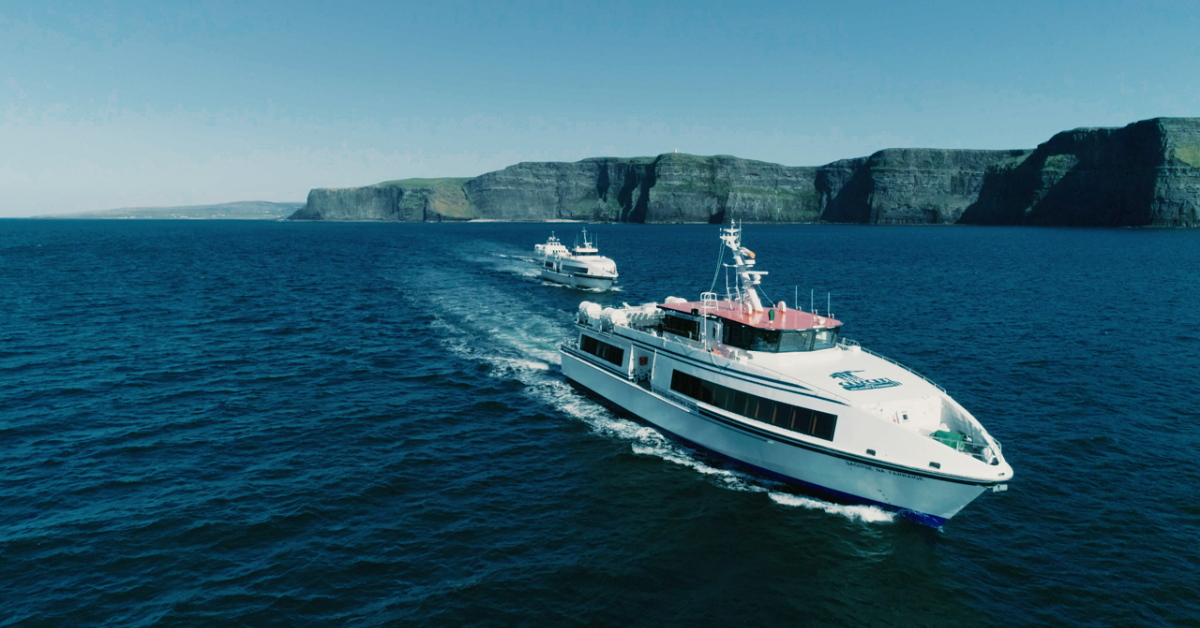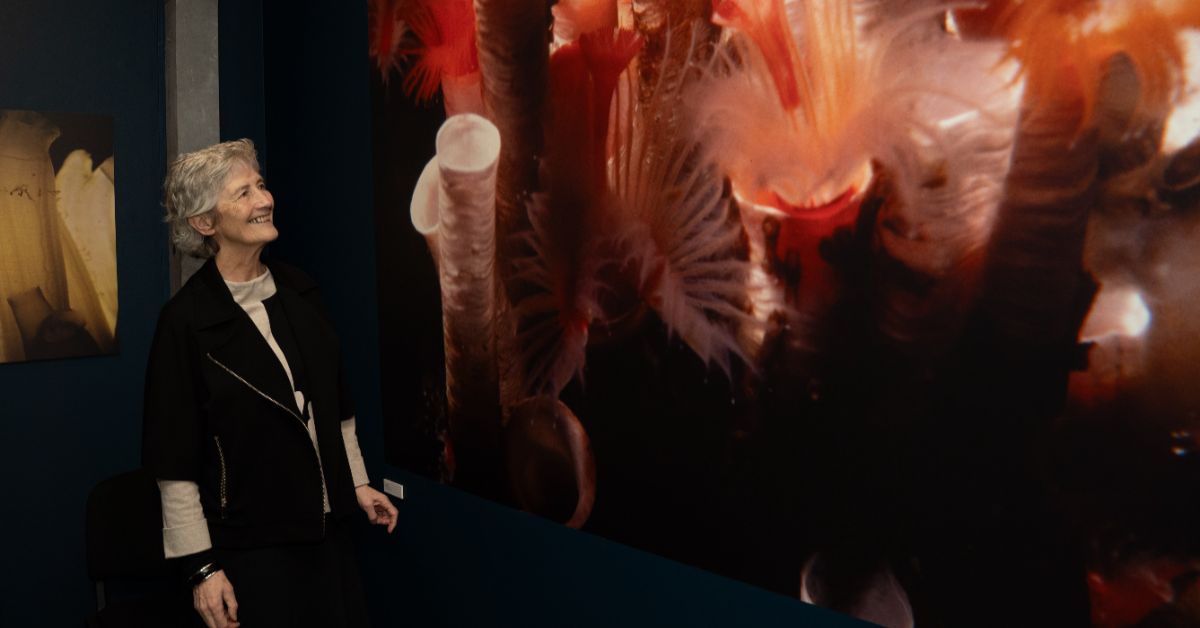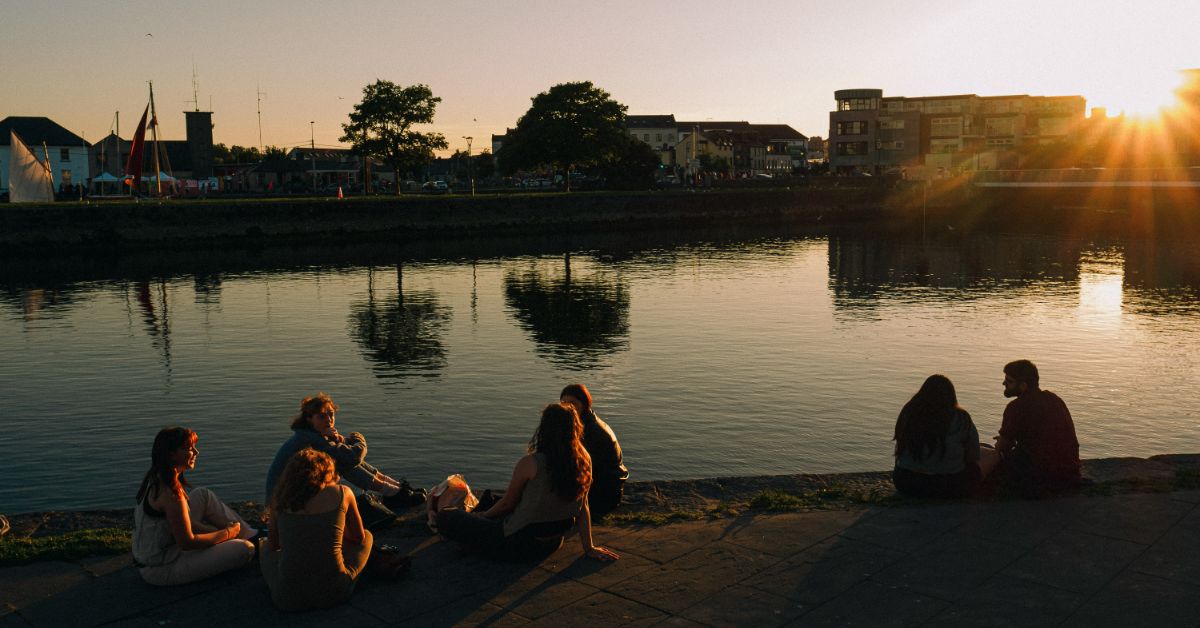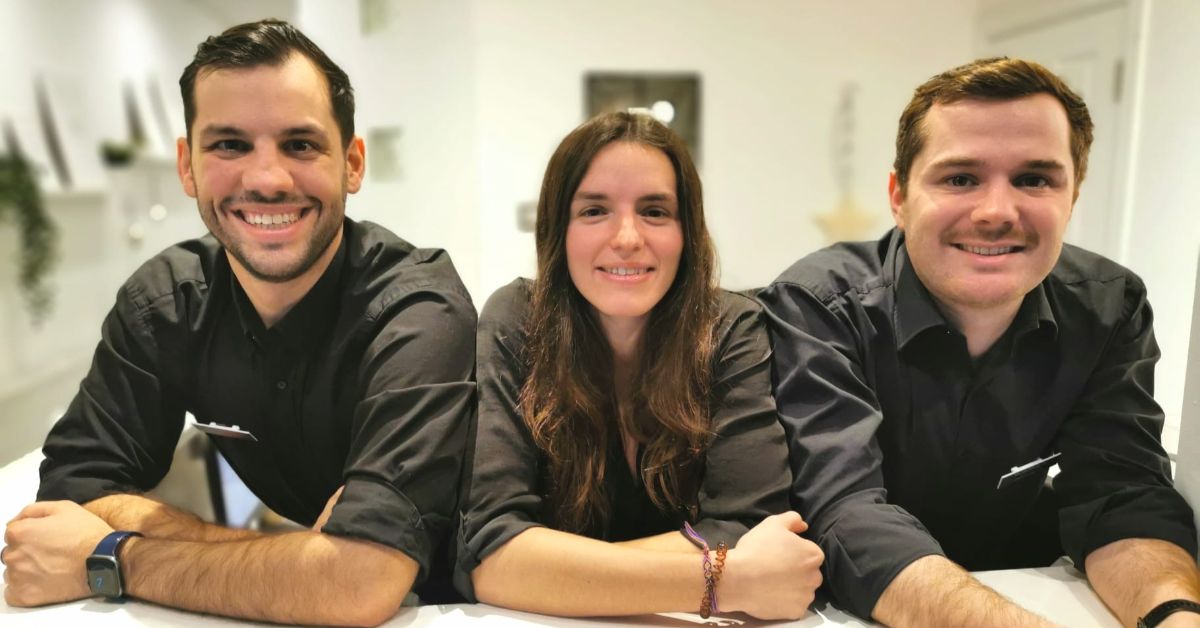An exciting new FREE course will come to Galway's Architecture at the Edge later this year. Find out how you can apply to take part by reading below...
Architecture at the Edge and Copenhagen Architecture Festival (CAFx) have partnered up to organize a film & architecture workshop in response to the AATE 2023 Festival thematic provocation of ‘re-mapping’ which will focus on film-making, environmentally-conscious design, inclusive design, architecture and urban planning.
Josephine Michau, Co-founder, CEO and Head Curator of CAFx will introduce the course programme for the week on Saturday 30 September, whilst Lina Fellows Lemonot - Sabrina Morreale + Lorenzo Perri, will be amongst the guest lecturers.
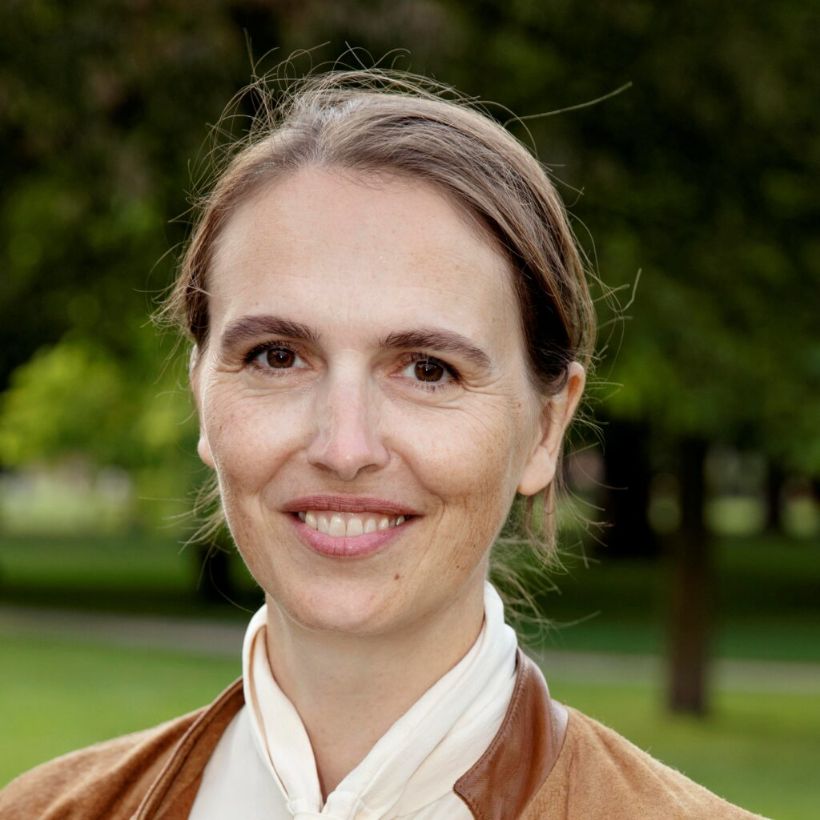
The FREE course is open to anyone interested in the intersection of film and architecture - students and professionals alike, with a background in a relevant field of film, visual arts, photography, architecture, design, urban planning, anthropology, ethnology, social sciences and humanities. Participants will be expected to have a basic knowledge of film production.
During the one-week program, through lectures, group exercises and guided explorations of Galway, you will learn about the potential of architecture and design to further the Building Back Better While Leaving No One Behind agenda, and apply this knowledge to create your own short film documenting or addressing non-discriminatory design solutions found in the built, grown and/or planned environment of Galway city.
The Leave No One Behind agenda (LNOB) is the central, transforming promise in the UN's 2030 Agenda for Sustainable Development. It represents the unequivocal commitment of all UN Member States to eradicate poverty in all its forms, end discrimination and exclusion, and reduce the inequalities and vulnerabilities that undermine the potential of humans and other living beings.
Many actions to achieve the SDGs are embedded in overarching national policies for recovery from the pandemic, including the Economic Recovery Plan, and the National Recovery and Resilience Plan, as well as policies and frameworks such as the Well-being Framework, Ireland’s Climate Action Plan and those on the green and digital transitions, such as the National Retrofit Plan and The Digital Ireland Framework.
Discrimination persists, however, in the design of the built and planned environment, indoors, outdoors, public and private. This includes discrimination against socially, physically or mentally vulnerable or challenged groups based on gender, age, ethnicity, sexual orientation, limited mobility or income.
Participants will be introduced to practices of investigative observation, archival research, and new ways of mapping the city - interrogating issues related to materials, environmental, ecological and physical qualities of the landscape but as well considering the human interactions, the convivial strategies of resistance created by citizens, and apply this knowledge to create your own short film documenting or addressing design solutions found in the built, grown and/or planned environment of Galway city.
After developing the concept for your film in the first sessions with the guidance of the international guest lectures, you will explore the process of filmmaking, gaining concrete knowledge about organizing, filming and editing your work, as well as creating a relevant, dramaturgically well-functioning story.
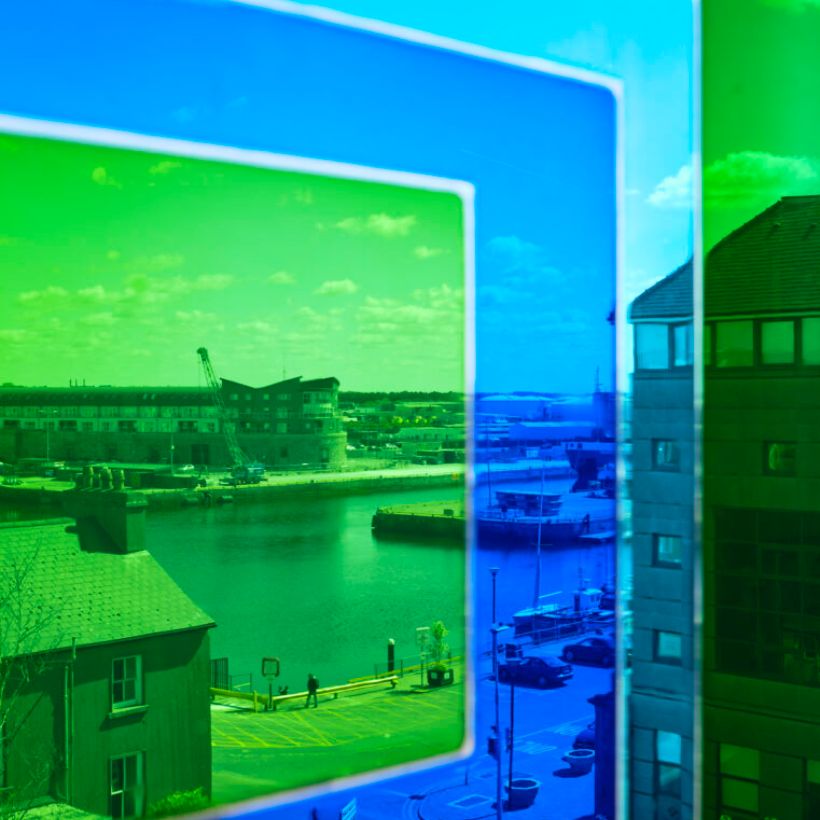
A number of local and Irish professional film makers and urbanism experts including Connie Farrell, Conor Horgan, Pat Collins (University of Galway), and others will be available to provide feedback and assist you in the production of the short 3-minute-long film each participant will be working on. All the films produced during the workshop will be premiered on the final weekend of the Festival.
To take part, forward your application consisting of a motivation letter / short biography and a brief portfolio no later than 21st of August 2023 to learning@architectureattheedge.com.
For more information visit www.architetcureattheedge.com
Published on Updated on